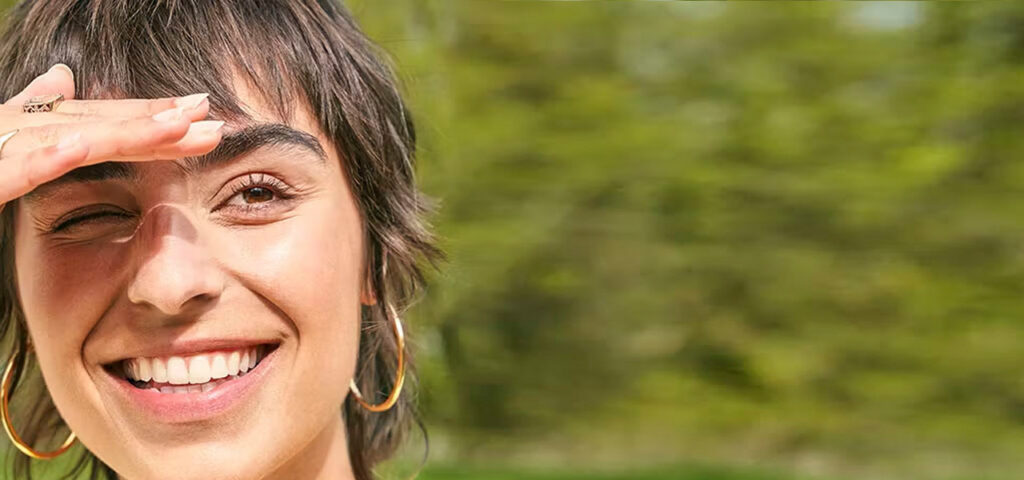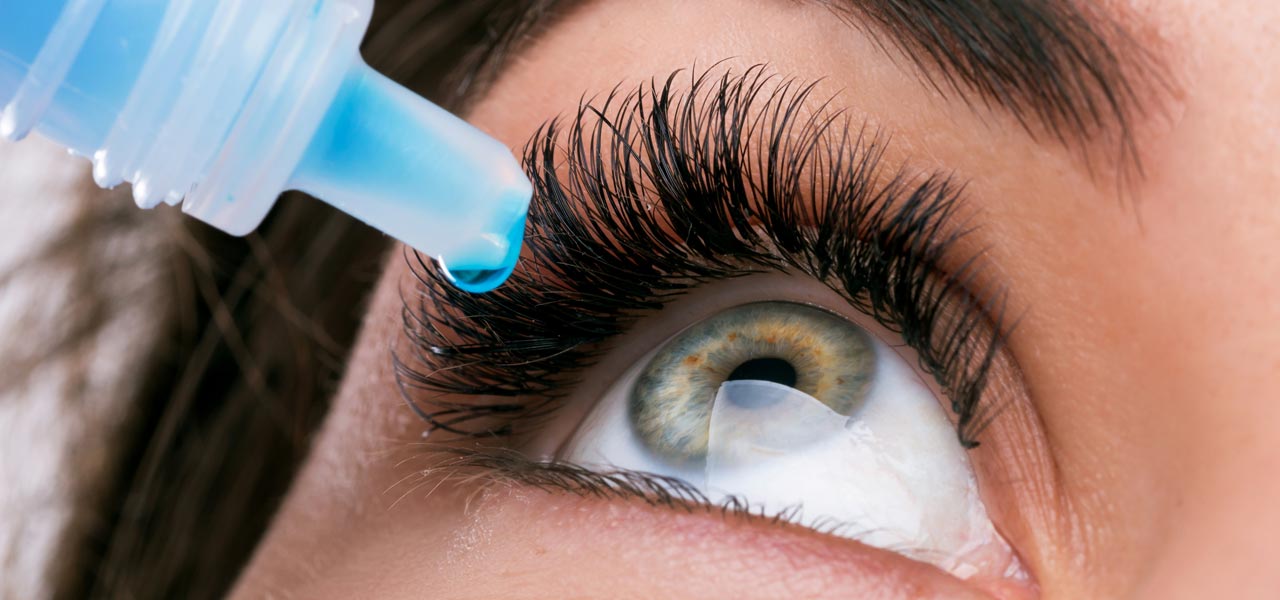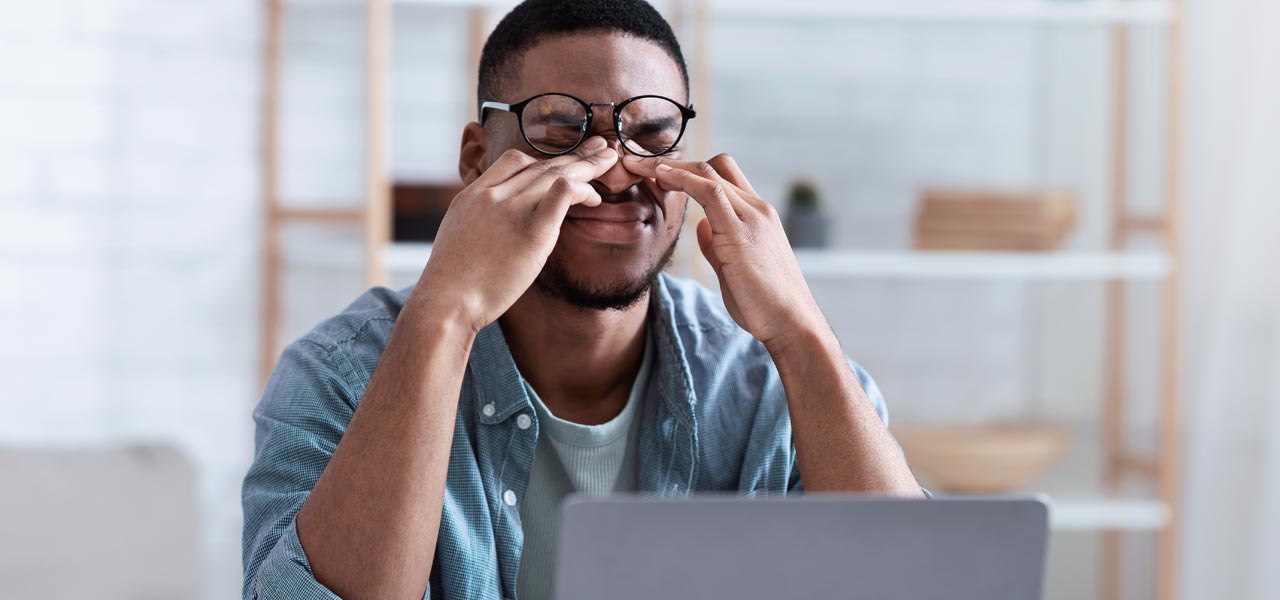While the ozone layer helps to block most of this radiation, it isn’t as robust as it used to be, and the level of protection it offers varies depending on your location and the time of year. That’s why it’s important to have sun protection year-round.
Understanding Ultraviolet (UV) Radiation
UV comes in three forms: UVA, UVB, and UVC:
- UVA: The weakest form of UV radiation, but UVA penetrates deeper into the skin and eyes. It doesn’t cause burns but contributes to serious conditions like macular degeneration, cataracts, skin aging, and even cancer. UVA rays are present year-round and can pass through clouds and windows. They are also responsible for fading fabrics like carpets and couches.
- UVB: These rays are stronger than UVA and cause sunburn. UVB is most potent on sunny days, especially during the summer, as it has a harder time getting through clouds or windows.
- UVC: The most powerful type of UV rays, UVC is so strong it can break chemical bonds. It is used in various industries for sterilization because this radiation effectively destroys viruses and bacteria. Thankfully, UVC rays are completely absorbed by the ozone layer and do not reach Earth. If they did, we would face serious consequences!
For people who work outdoors or enjoy activities like golf, UV protection is essential—not only due to the amount of time spent in the sun but also because of the time of day (11 am to 2 pm) and time of year (summer in the Northern Hemisphere) when the sun’s rays are most damaging.
Protect Your Vision—Get Expert Advice Today
Protecting your eyes and skin from harmful UV rays is essential all year round. For expert, personalized recommendations, book an appointment with Dr. Karli Kilkus at 4 Eyes Optometry. We’re here to help you make the best choices for lifelong sun safety. Reach out to us at 778-795-0707, email us at hello@4eyesoptometry.ca, or visit us in person at #402 525 Highway 97 S, West Kelowna.
Want to know how to protect your eyes from harmful UV rays? In our next article, we’ll explore the role of sunglasses and how they can be your first line of defense in eye protection.







